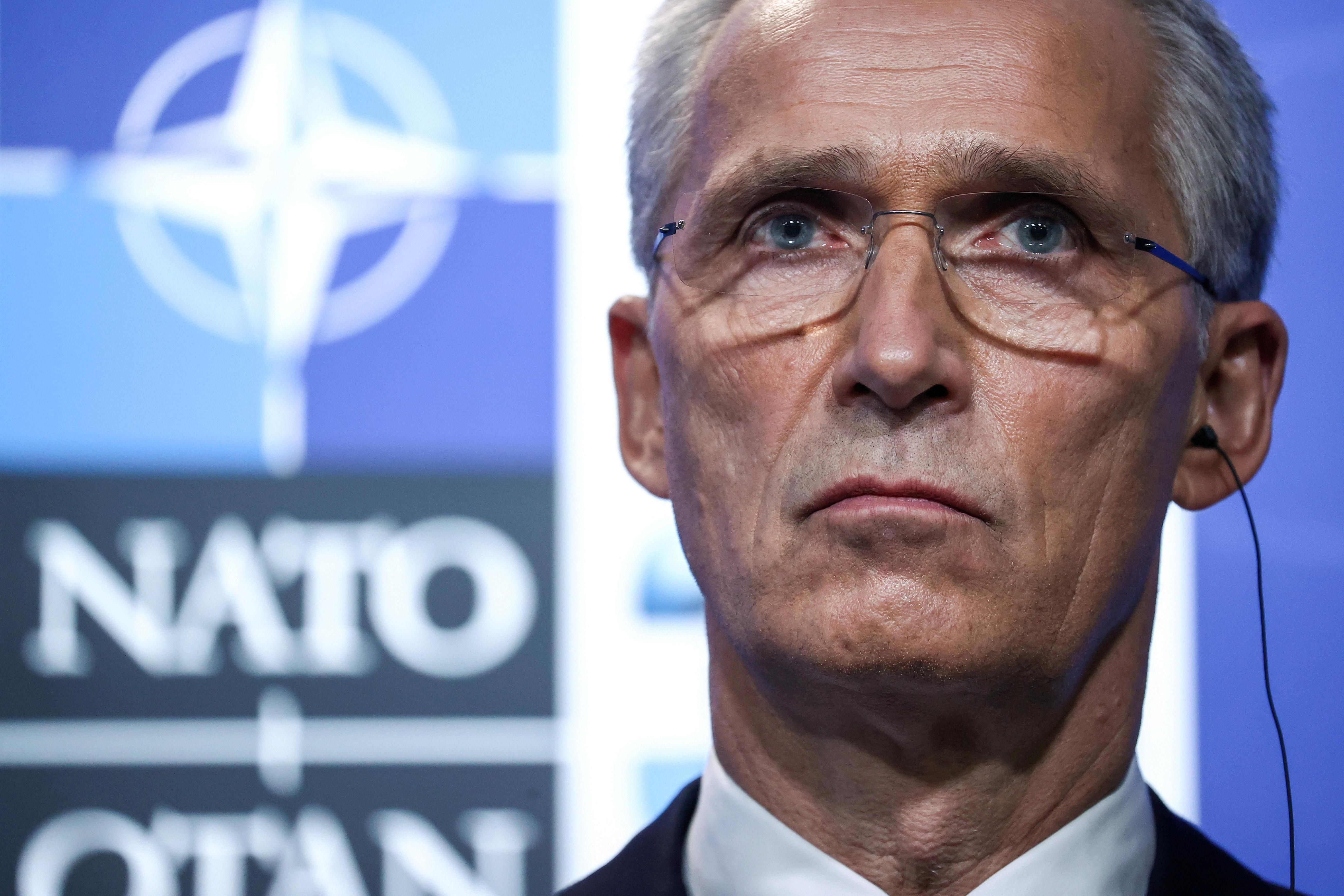News
October 07, 2021
8: NATO has expelled eight Russian diplomats from its headquarters for alleged spying. After this latest diplomatic incident, NATO will half the number of Russian liaison officers accredited to operate out of Brussels.
10 billion: Nigeria will borrow $10 billion from foreign and domestic lenders to help fund its 2022 state budget. President Muhammadu Buhari has come under fire for excessive borrowing, which many say has contributed to the country's mounting debt problem. But the government pushed back, saying that borrowing was still "within acceptable limits."
40,700: In a rare move, North Korea is reportedly loosening border restrictions to allow the World Health Organization to transfer much-needed COVID medical supplies through the Chinese border. The WHO says that as of September 23, Pyongyang had carried out a grand total of 40,700 COVID tests, all of which had come back negative, but no one is buying that.
140,000: Austrian Chancellor Sebastian Kurz is at the center of a corruption probe linked to his time as finance minister in 2017. Prosecutors say Kurz was involved in bribing a polling company up to 140,000 euros ($161,900) to cook the numbers in his favor. He also faces accusations of embezzlement. Cops raided Kurz's office Wednesday, but the chancellor said he won't resign, calling the scandal "manufactured."More For You
America’s new National Security Strategy confirms what Europeans have feared for months: Washington now sees a strong, unified European Union as a problem to be solved, not an ally to be supported.
Most Popular
Sponsored posts
The power of sports
What's Good Wednesdays
What’s Good Wednesdays™, December 10, 2025
Walmart sponsored posts
Walmart's $350 billion commitment to American jobs
In this episode of Tools and Weapons, Microsoft Vice Chair and President Brad Smith sits down with Ed Policy, President and CEO of the Green Bay Packers, to discuss how purpose-driven leadership and innovation are shaping the future of one of the world’s most iconic sports franchises. Ed shares how technology and community-focused initiatives, from Titletown Tech to health and safety innovations on the field, are transforming not just the game of football, but the economy and culture of Green Bay itself. He explains how combining strategic vision with investment in local startups is keeping talent in the Midwest and creating opportunities that extend far beyond Lambeau Field.
Subscribe and find new episodes monthly, wherever you listen to podcasts.
Members of security forces stand guard outside a polliong station, a week late in a special election, after the local governing party kept voting closed on election day, amid accusations of sabotage and fraud, in a presidential race still too close to call as counting continues, in San Antonio de Flores, Honduras, December 7, 2025.
REUTERS/Leonel Estrada
More than a week after Hondurans cast their ballots in a presidential election, the country is still stuck in a potentially-dangerous post-election fog.
© 2025 GZERO Media. All Rights Reserved | A Eurasia Group media company.
